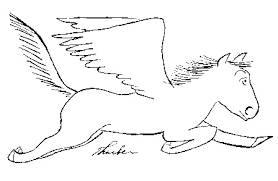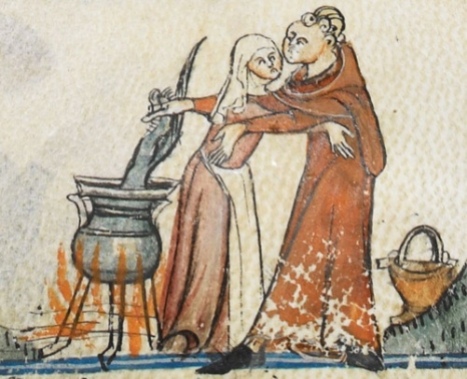
Near Aviero, Portugal; photo: David Sloan
Today, I was thinking of Portugal. Nice memories. I went through my digital photographs, found this one, and fell into reverie. It is amazing how images enhance memory or enable us to embellish it. Sometimes, that is where a poem begins.
When my physical body walked upon this sand, beside this bay, the encounter was a mix of new–a place I’d never been before–and familiar or expected: smell of brine and fish, the feel of breezes in my hair and on my skin, of damp sand underfoot. I recall my delight at seeing the vividly-painted wooden boats, though I had certainly seen paintings and photographs of similar fishing crafts, so their appearance was not surprising. That’s because I have a friend who is an expert in wooden boat-making, Simon Watts; he has been around the world examining wooden boats and had told us to watch for these along the coast of Portugal. Simon is a teller of stories, as is his sister Marjorie Watts. So many hours Simon has regaled us with tales of the writing life, the sailing life, the traveling life, the woodworking life, his forays in Portugal…
Back to Portugal. I think of a most pleasant week there, not so long ago. Mind hums with possibilities. With images. With words.
~
This post is an effort to illustrate how image, memory, sensory experience, stories, human connections, and activities bounce around the neurological synapses while a person experiences reverie.
It isn’t reverie, of course, because I am writing; true reverie seldom includes much activity. Let me suggest the paragraphs and picture are somehow analogous to the reverie process, which often leads to imagination.
~
Next stop: Imagination!  And perhaps even a draft for a poem.
And perhaps even a draft for a poem.









